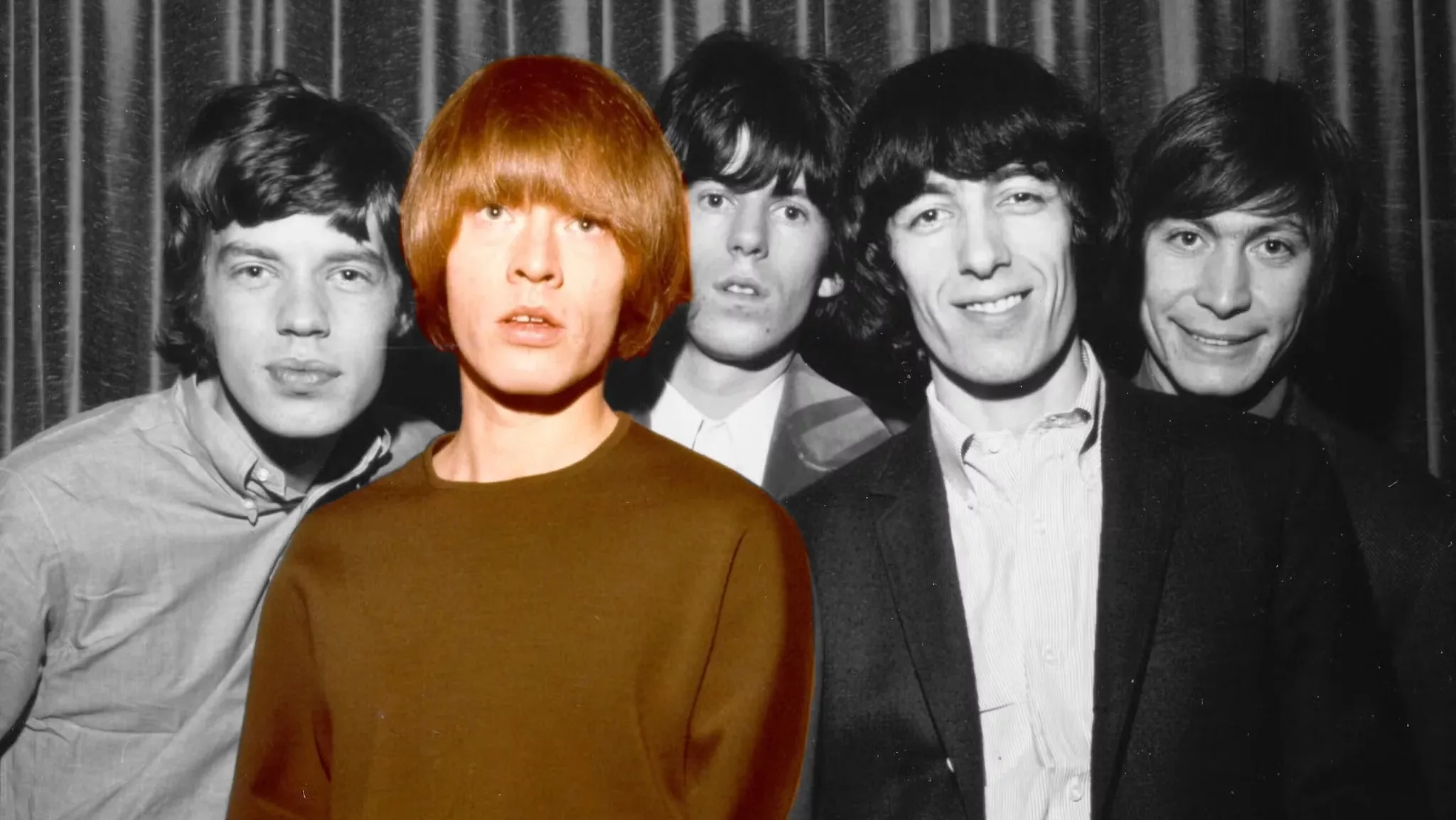Brian Jones - The Rolling Stones' Original Sound Weaver
The story of Brian Jones, a foundational member of The Rolling Stones, holds a truly unique place in music history, so it's almost a given that people still talk about him. His impact on the band's early sound and overall identity was, in some respects, quite profound, shaping what many came to recognize as their signature style. Even today, decades after his passing, conversations about his contributions and his personal narrative continue to resonate deeply with music enthusiasts and casual listeners alike.
He was, in a way, much more than just a musician; he helped craft the very essence of a group that would go on to define an era. The details surrounding his time with the band, particularly the circumstances of his departure and the sorrowful events that followed, have, you know, really captivated people's attention for a very long time. It's a tale that mixes creative brilliance with genuine human struggles, making his memory a rather compelling subject for anyone looking back at that vibrant period.
Indeed, for those who follow the legendary group with keen interest, the narrative surrounding the initial guitarist, Brian Jones, and his untimely end, now nearly 51 years in the past, has become, in some respects, quite muddled. There’s been a lot of different information floating around, a fair bit of disagreement, and, quite frankly, a lot of back and forth among various accounts. This ongoing discussion, basically, shows just how much he meant to the band and how much his presence still lingers in the collective memory of music lovers everywhere.
- Brian Jones - A Brief Life Sketch
- Personal Details and Biography of Brian Jones
- What Was Brian Jones's Early Musical Contribution?
- The Distinctive Sounds of Brian Jones
- Why Did Brian Jones Leave The Rolling Stones?
- The Difficult Departure of Brian Jones
- How Did Brian Jones's Passing Impact the Band's Story?
- The Lingering Questions Around Brian Jones
Brian Jones - A Brief Life Sketch
Christopher Robin Pooley, better known as Brian Jones, played a truly pivotal part in the formation and early days of The Rolling Stones. He was, in a way, a key architect of their initial sound, helping to shape the very identity of a band that would, of course, become one of the biggest musical acts on the planet. His contributions during those formative years were, in some respects, absolutely fundamental to establishing their unique style and rebellious spirit. It's often said that his vision helped set the stage for what the band would ultimately become, which is, you know, a pretty big deal.
Born in Cheltenham, England, Brian brought a certain spark and adventurous musical spirit to the group. He was, as a matter of fact, a multi-instrumentalist, someone who could pick up various instruments and weave them into the band's developing sound. This versatility was, in a way, quite unusual for the time and really set him apart. His ability to explore different textures and tones added a richness to their early recordings that, basically, helped them stand out from other groups of that period. He was, like, a true musical explorer, always looking for something new to add to the mix.
His time with the group, lasting about seven years, saw them rise from humble beginnings to global fame. For a considerable stretch of time, he was a constant presence, influencing their direction and helping to build their reputation. This period was, in a way, incredibly important for the band's growth, and Brian's involvement during these years cannot, quite frankly, be overstated. He was there for the big moments, the small moments, and everything in between, really helping to lay down the groundwork for their future success. The impact of his presence during those formative years was, in some respects, truly immense, setting the stage for everything that followed.
His unique approach to music and his personal flair were, you know, a significant part of the band's appeal early on. He possessed a kind of natural charisma that drew people in, and his musical ideas were, basically, fresh and exciting. This combination of talent and personality made him a central figure in the group's early public image. He was, in a way, a defining face of The Rolling Stones when they were just starting to make their mark on the world, a very recognizable part of their initial allure.
Even as the band grew and changed, Brian's foundational contributions remained a part of their core story. The way he approached music, his willingness to experiment, and his overall creative spirit left a lasting impression. It's a testament to his influence that his name is still, of course, so closely tied to the band's origins and their early successes. His brief but impactful time with the group truly shaped their initial direction and helped them find their distinctive voice, which is, in some respects, a remarkable achievement.
Personal Details and Biography of Brian Jones
| Full Name | Lewis Brian Hopkin Jones |
| Born | February 28, 1942 |
| Birthplace | Cheltenham, Gloucestershire, England |
| Died | July 3, 1969 |
| Age at Passing | 27 years old |
| Cause of Passing | Drowning (under disputed circumstances) |
| Occupation | Musician, Songwriter (though often uncredited for Stones' hits) |
| Instruments | Guitar (especially slide guitar), Harmonica, Sitar, Mellotron, Recorder, Saxophone, Marimba, Dulcimer, and many others |
| Associated Acts | The Rolling Stones |
| Years Active | 1962–1969 (with The Rolling Stones) |
What Was Brian Jones's Early Musical Contribution?
When the band first started making sounds together, Brian Jones was, in some respects, the one who truly brought a distinctive flavor to their arrangements. He was, you know, initially a slide guitarist, and that particular skill set gave their music a raw, bluesy

Brian Jones: Um Adeus Trágico aos Rolling Stones | Disconecta

Watch Brian Jones' final performance with The Rolling Stones

Brian Jones: It Was Murder | %%channel_name%%